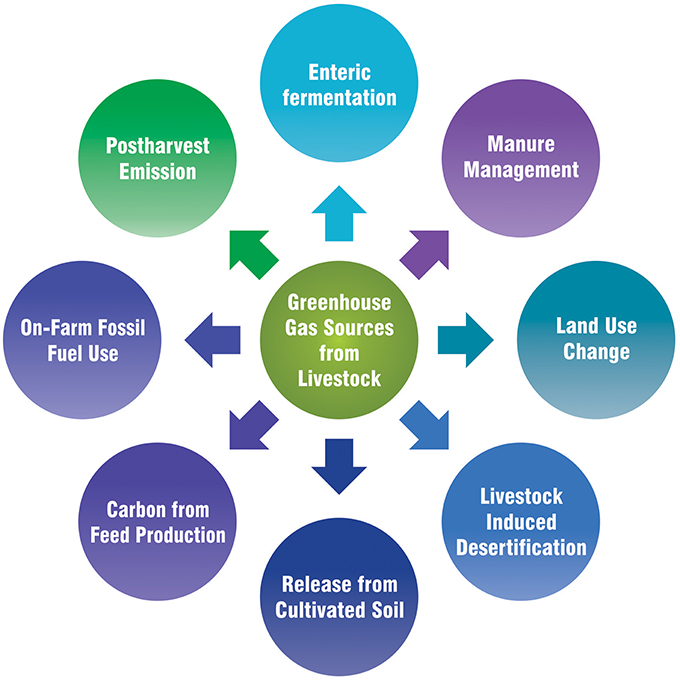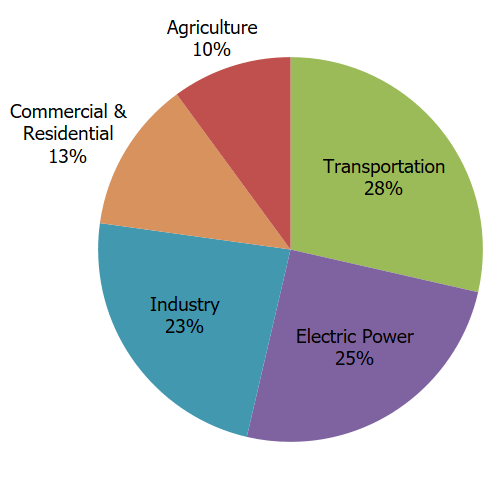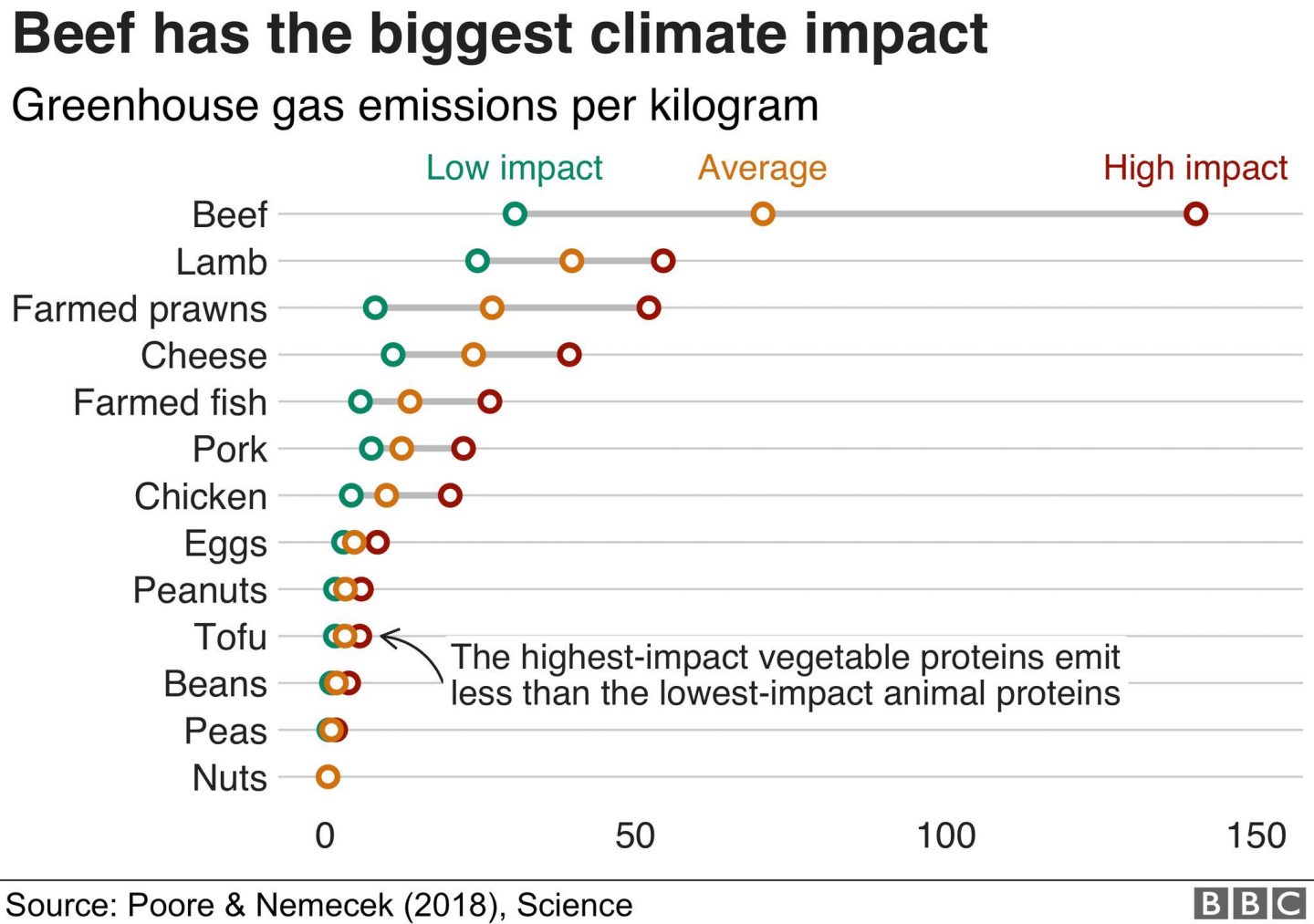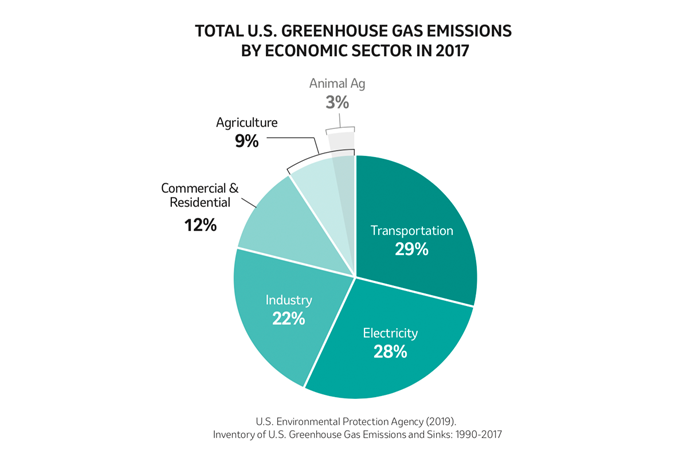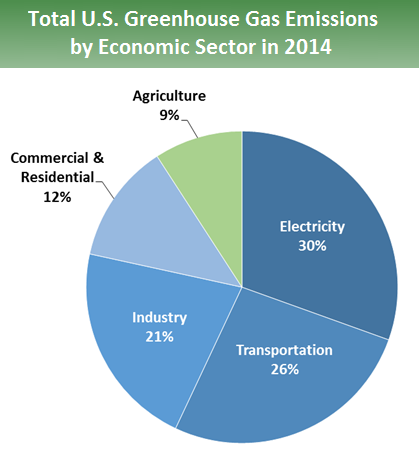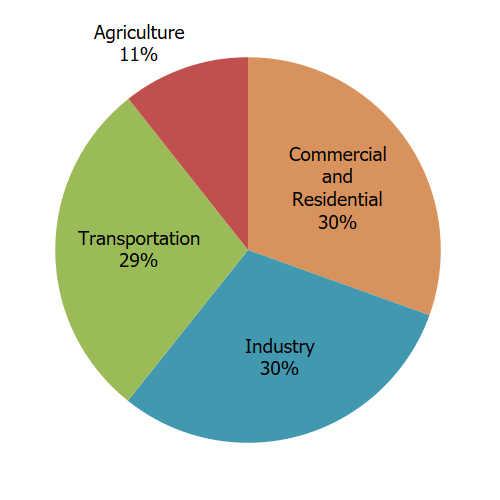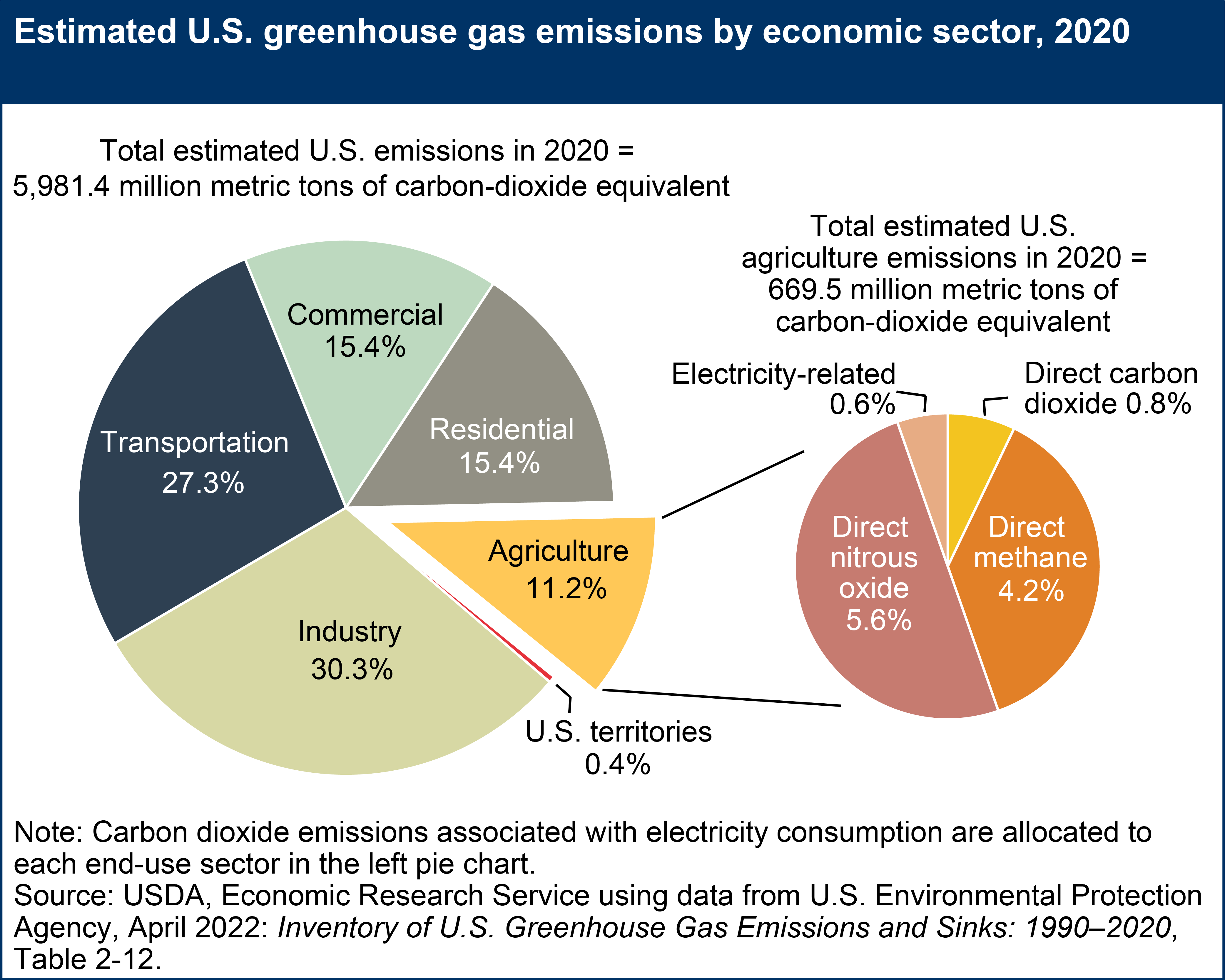
Modelling the effect of feeding management on greenhouse gas and nitrogen emissions in cattle farming systems - ScienceDirect

Dashboard-old | Global Livestock Environmental Assessment Model (GLEAM) | Food and Agriculture Organization of the United Nations
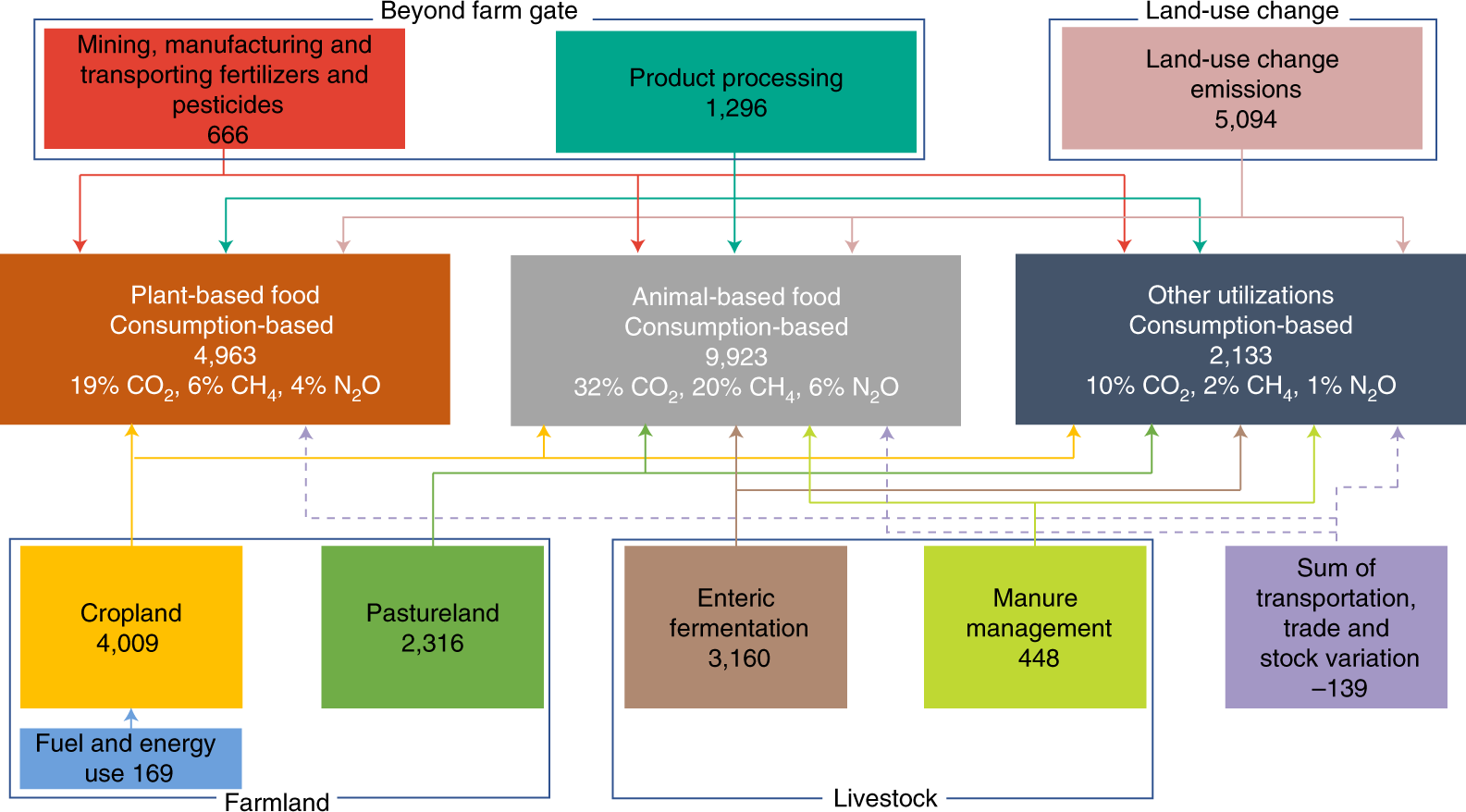
Global greenhouse gas emissions from animal-based foods are twice those of plant-based foods | Nature Food

The trends and projections of greenhouse gas emission by the livestock sector in Malaysia | SpringerLink

Dashboard-old | Global Livestock Environmental Assessment Model (GLEAM) | Food and Agriculture Organization of the United Nations
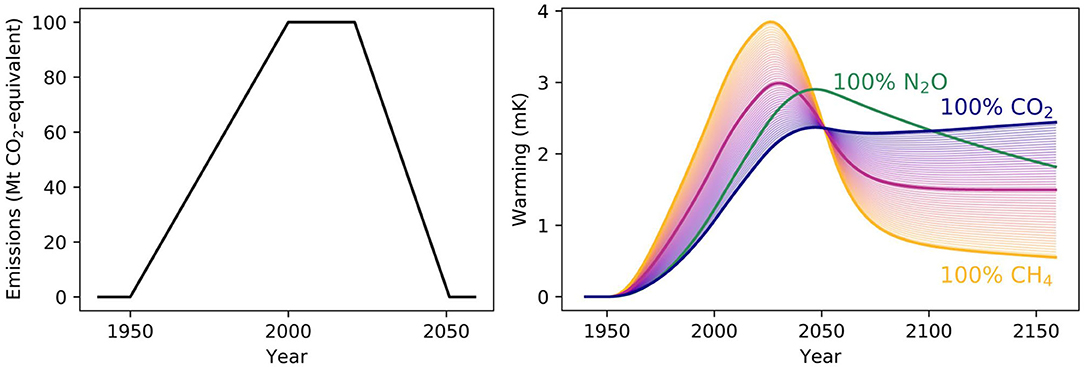
Frontiers | Agriculture's Contribution to Climate Change and Role in Mitigation Is Distinct From Predominantly Fossil CO2-Emitting Sectors
Rapid global phaseout of animal agriculture has the potential to stabilize greenhouse gas levels for 30 years and offset 68 percent of CO2 emissions this century | PLOS Climate
Course 5: Reduce Greenhouse Gas Emissions from Agricultural Production (Synthesis) | World Resources Institute Research

